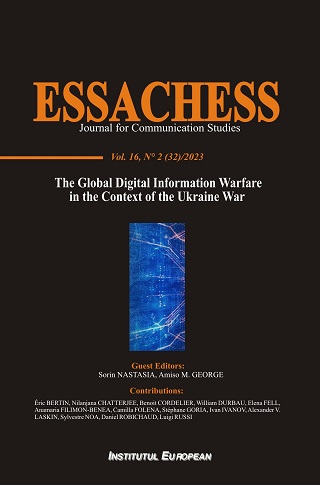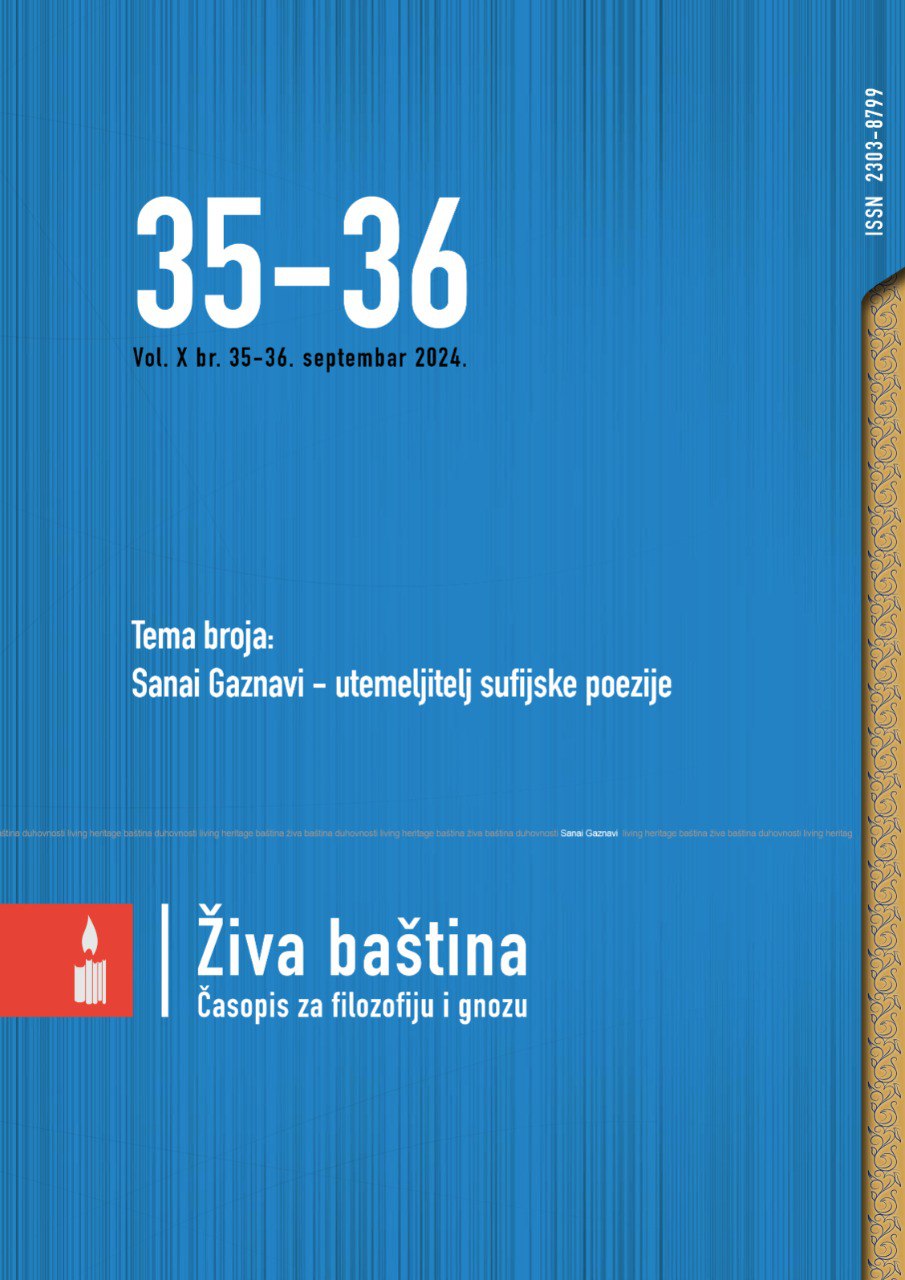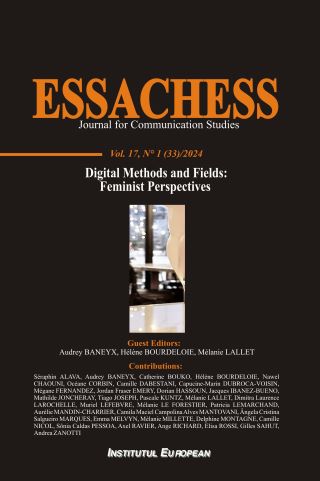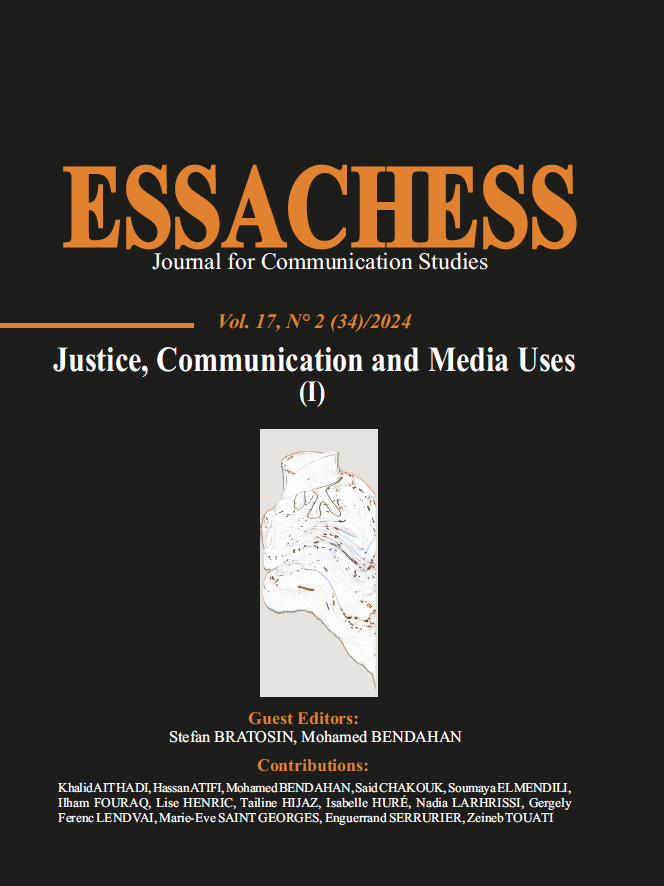Author(s): Paulo da Silva Quadros / Language(s): English
Issue: 1/2025
This essay aims to reflect critically on how the technomagic concept, elucidated by the French philosopher Michel Maffesoli, proposes itself as a new way of understanding the contemporary aesthetics of the digital based on the immersive visual effects of liquid, dreamlike, and ethereal poetic sounds and visualities present in several examples of artistic contemporary productions. This philosophical and aesthetic perspective, brought about by technomagic evocates liquid and aquatic metaphors of digital artistic creations, as well as a way of understanding social human relationships in the digital sphere in an optimistic context of re-enchantment for human existence. For him, it was a process of feminization of the world, evocating mythical metaphors of cultural imaginaries and symbolics. Methodologically, this work intends to contemplate cultural semiotics as an enlightening approach by understanding digital culture as technological mediation for analyzing digital language which reflects the paths of technomagic in the expressions of technological art characteristics of digital media.This essay aims to reflect critically on how the technomagic concept, elucidated by the French philosopher Michel Maffesoli, proposes itself as a new way of understanding the contemporary aesthetics of the digital based on the immersive visual effects of liquid, dreamlike, and ethereal poetic sounds and visualities present in several examples of artistic contemporary productions. This philosophical and aesthetic perspective, brought about by technomagic evocates liquid and aquatic metaphors of digital artistic creations, as well as a way of understanding social human relationships in the digital sphere in an optimistic context of re-enchantment for human existence. For him, it was a process of feminization of the world, evocating mythical metaphors of cultural imaginaries and symbolics. Methodologically, this work intends to contemplate cultural semiotics as an enlightening approach by understanding digital culture as technological mediation for analyzing digital language which reflects the paths of technomagic in the expressions of technological art characteristics of digital media.This essay aims to reflect critically on how the technomagic concept, elucidated by the French philosopher Michel Maffesoli, proposes itself as a new way of understanding the contemporary aesthetics of the digital based on the immersive visual effects of liquid, dreamlike, and ethereal poetic sounds and visualities present in several examples of artistic contemporary productions. This philosophical and aesthetic perspective, brought about by technomagic evocates liquid and aquatic metaphors of digital artistic creations, as well as a way of understanding social human relationships in the digital sphere in an optimistic context of re-enchantment for human existence. For him, it was a process of feminization of the world, evocating mythical metaphors of cultural imaginaries and symbolics. Methodologically, this work intends to contemplate cultural semiotics as an enlightening approach by understanding digital culture as technological mediation for analyzing digital language which reflects the paths of technomagic in the expressions of technological art characteristics of digital media.
More...





